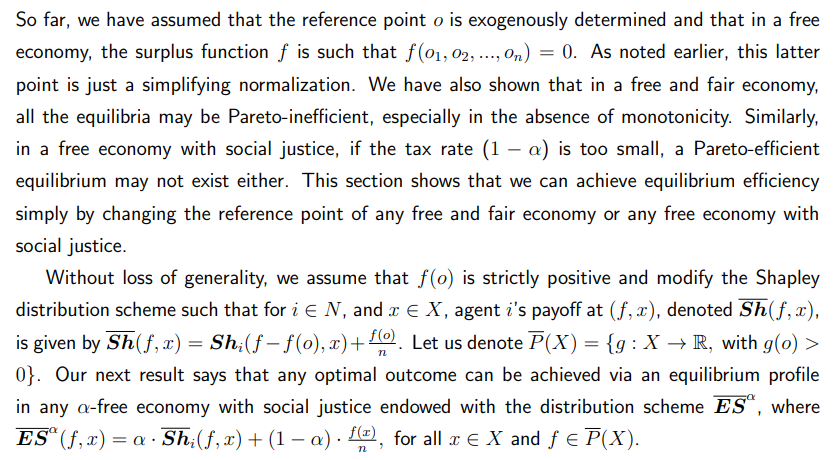Russia Allegedly Uses Crypto to Influence Moldovan Election Process
TLDR
-
Leaked texts and on-chain data connect A7 to Moldova election interference.
-
A7 used USDT and Toncoin to fund Moldovan politicians and activists.
-
The firm’s sanctions evasion practices are now tied to election manipulation.
-
Russian government likely aware of A7’s role in Moldova’s election meddling.
Russia Reportedly Uses Crypto to Influence Eastern European Elections
Recent on-chain data and leaked information suggest that A7, a firm previously linked to sanctions evasion, played a significant role in alleged Russian interference in Moldova’s elections. The firm, known for creating a ruble-backed stablecoin used to bypass international sanctions, reportedly transferred crypto assets, including USDT and Toncoin, to Moldovan politicians and activist networks. While no direct proof ties the Kremlin to these activities, analysts argue that Russia likely knows about A7’s actions.
A7’s History and Role in Sanctions Evasion
A7 is well-known in the crypto world for its involvement in creating a ruble-backed stablecoin, which became a crucial tool for Russia in evading Western sanctions. The firm operated on platforms like Garantex, a crypto exchange sanctioned for violations related to the use of digital currencies in illegal activities. A7’s stablecoin gained prominence as a method of circumventing financial restrictions imposed by the international community.
As a result, A7 evolved into a critical player in cross-border sanctions evasion, finding a niche by assisting entities with limited access to traditional banking systems. On-chain data from various sources now links A7 to crypto transactions used in election-related activities. Despite the firm’s reputation, its involvement in the political sphere has raised concerns about the potential manipulation of democratic processes.
Alleged Crypto Payments to Moldovan Politicians
Recent leaks reveal a series of crypto payments sent by A7 to Moldovan politicians, activist groups, and polling organizations, raising alarms about the integrity of Moldova’s elections. The firm reportedly used popular cryptocurrencies like USDT and Toncoin to finance these activities. One high-profile incident involves Ilan Shor, a Moldovan oligarch sanctioned by the U.S. for alleged ties to Russia, who is said to have sent millions in crypto to a former elected official.
These payments appear to be part of a broader strategy to influence the electoral landscape in Moldova. The evidence suggests that A7 played a pivotal role in funding political campaigns and activist networks, which may have impacted voter sentiment and election outcomes. Analysts emphasize that the covert nature of these operations makes it difficult to ascertain the full scope of interference. Nonetheless, the available data points to a well-coordinated effort to sway the election in favor of interests aligned with Russia.
Russia’s Potential Knowledge of A7’s Operations
While the leaked information does not offer definitive proof linking the Russian government to A7’s activities, analysts argue that it is highly unlikely that Moscow is unaware of the firm’s involvement in election interference. Given A7’s previous history of assisting with sanctions evasion for Russian entities and its significant role in the crypto market, it stands to reason that Russia would be aware of the firm’s actions.
The covert nature of these operations, combined with the use of crypto assets to avoid traditional financial tracking, further complicates efforts to uncover direct ties to the Russian government. However, experts contend that the Russian state likely benefits from A7’s activities, either through the manipulation of political outcomes or by destabilizing neighboring regions like Moldova.
The post Russia Allegedly Uses Crypto to Influence Moldovan Election Process appeared first on CoinCentral.
You May Also Like

Eric Trump bets Fed rate cut will send crypto stocks skyrocketing

Project X — active in the project with an eye on the drop
